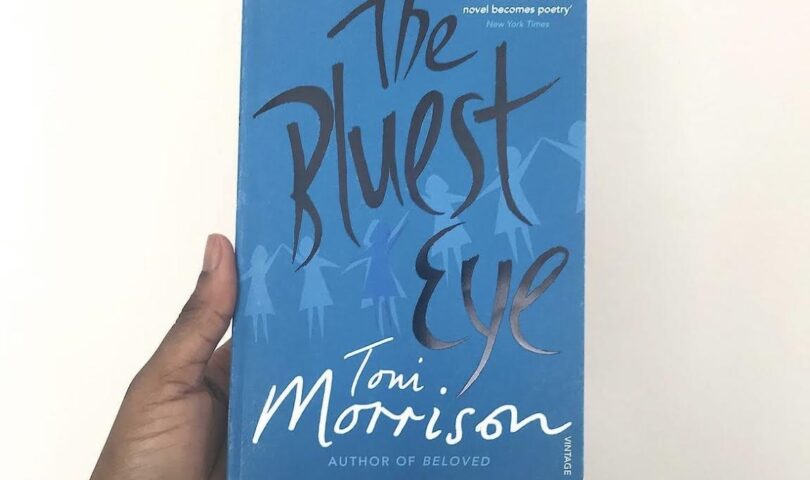
April is Sexual Assault Awareness and Prevention Month, and among a rise in young women being assaulted is also an increase in the banning of books.
While these two topics may seem completely unrelated, it was found that “from July 1, 2022, to June 31, 2023, a quarter of over 3,000 book bans that PEN America recorded were books with scenes of rape or sexual assault,” as reported by Ms. Magazine.
These titles include “A Stolen Life: A Memoir” by Jaycee Lee Dugard, “The Handmaid’s Tale” by Margaret Atwood and “Milk and Honey” by Rupi Kaur. These novels were deemed too “pornographic” for schools, but as authors Sam LaFrance and Kasey Meehan wrote in their Ms. Magazine article, “Rape cannot be censored away in the real world. It shouldn’t be censored in our libraries either.”
The summer I was 15, I chose “Little Bee” by Chris Cleave off of my school’s summer reading list. The story follows a Nigerian girl as she seeks asylum in London. The heart-wrenching story includes a scene where Little Bee’s older sister is raped, and she must listen to her sister’s screams and cries while hiding.
That same year, “The Kite Runner” by Khaled Hosseini was in our curriculum. The novel features a brutal rape scene that terrified me and left me nauseous for days.
Were these books difficult to read and digest? Absolutely. But did they harm my mind as an adolescent? Absolutely not. These novels taught me about the trauma victims endure after an act of sexual violence has occurred, taught me to not be a bystander and taught me that consent and believing victims is important.
“The Handmaid’s Tale” was also a part of our curriculum, and it did not do anything but teach my friends and I about the value of our womanhood and independence. I recall a friend and I reading our assigned chapters together one day after school and discussing how weird we thought the name “Ofglen” was. Soon we figured out the meaning, that she was “of” the man “Glen,” named to be his property.
We were naturally shocked and disturbed by this, but in a way that made us recognize our individuality. We analyzed the patriarchal themes of the novel and had intelligent conversations outside of the classroom. We were not harmed by the sexual assault scenes. We were made aware of attacks women face. We were learning, not being damaged.
As I reflect back on these books, I am grateful for having read them at that age. I knew what to do in hypothetical situations early on.
Just last month, I read “Speak” by Laurie Halse Anderson, which follows high school freshman Melinda as she navigates life after being raped by an upperclassman.
I was telling a friend about the book and how much I enjoyed the message, and they revealed to me that it was that specific novel that helped them to speak out about their own sexual assault experience as a minor.
“Speak” was a part of their freshman year curriculum, and if it had been removed for its sexual content, my friend may never have felt connected with Melinda and found the courage to tell someone what happened to them at the time they did.
These long anecdotes are meant to further prove that books featuring depictions of rape and sexual assault do not harm youth. They act as learning devices and examples of how to handle situations.
Also, if we shield young adults from these topics, then who will teach them? Oklahoma House Bill 3120 is “deleting [the] definition for consent; barring student[s] from participating in sex education without parental permission…prohibiting inclusion of certain concepts and ideas in sex education instruction…prescribing who can teach sex education programs” and “disallowing other organizations from providing sex education.” So when and where will they learn?
If one state has already done this, it can be presumed that others will follow. Sexual assault is real and a growing issue. Taking away these books will not stop it from happening. It will only impair a student’s ability to recognize and address it.
ajones11@ramapo.edu
Featured photo courtesy of @Readbyrachelaa, Instagram






